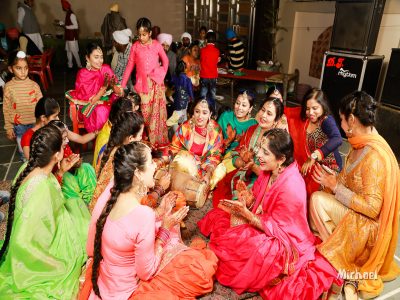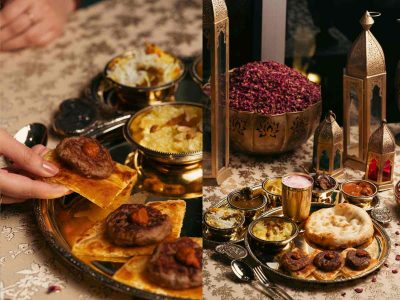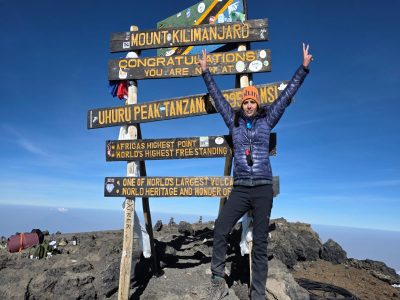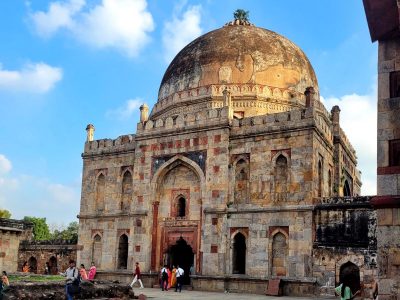With the hope of building a more inclusive society, Bindi Sheth’s shots of special kids from Ahmedabad is on display at this exhibition
“Their laughter, hope, joy, tears and pain are just like ours,” says photographer Bindi Sheth. Her photographs on children with special needs convey this very sentiment and are on display at the exhibition aptly named ‘Like Us’.
The exhibition attempts to document and share the world of special children and their families served by the Prabhat Education Foundation in Ahmedabad. The photographs seek to reflect the perspective of those who are often stigmatised and discriminated against.
Based in Ahmedabad, Prabhat Education Foundation serves children with special needs and their families living in extremely inhospitable conditions in disadvantaged industrial slums of east Ahmedabad and other deprived locations.
For Sheth, this journey began a few years ago, when she started teaching some children at a Prabhat centre near her house. Not wanting to disturb the children, she used to discreetly take their photos with her phone. “I also didn’t know how Prabhat would react. At that time, it never crossed my mind that these photos could help their cause,” recalls Sheth.

It was back in December 2015, during an interaction with the children from The Riverside School and the Prabhat centre, that Sheth started documenting them on camera. “It was called the Buddy Interaction, where the children from the school would play and teach the children with special needs. I noticed how these school children would lovingly and patiently interact with the Prabhat children and this really touched me,” says Sheth.
While capturing them, it dawned on Sheth that if children are exposed to the plights of people with special needs right from the beginning, it will help them when they grow up.
Initially, they took photos to use on Prabhat’s website. They later on realised these images were worth an exhibition.
Over 80 of these photographs are on display at the exhibition, most of them black and white. Sheth consciously kept it in monochrome. “As a photographer, I felt that with colour, all of a sudden you start seeing their background. The moment it is changed into B&W, people start observing their emotions and their actions more.”
Having spent several months documenting the children and their families, Sheth still gets goosebumps whenever she thinks of them. “I particularly remember one family with four children, three of them special kids. I still get teary when I think of them,” she recalls.
Sheth admits that the whole event was emotionally strenuous for her. “When I sat at home to edit, the photos made me revisit those places and it would get me troubled.” Yet when the children came to see the photos, she felt her troubles were worth it.
Part of Prabhat’s efforts towards a more aware and inclusive society, Like Us has already been shown twice in Gujarat. Particular effort goes into bringing educators and students to the exhibition.
Seth hopes that through her photographs, even if one child understands what it is to like to have someone special in the family, her work is done. “The one message I would like to put forward is, treat them well.”
The exhibition is on display at India International Centre, August 2-11





